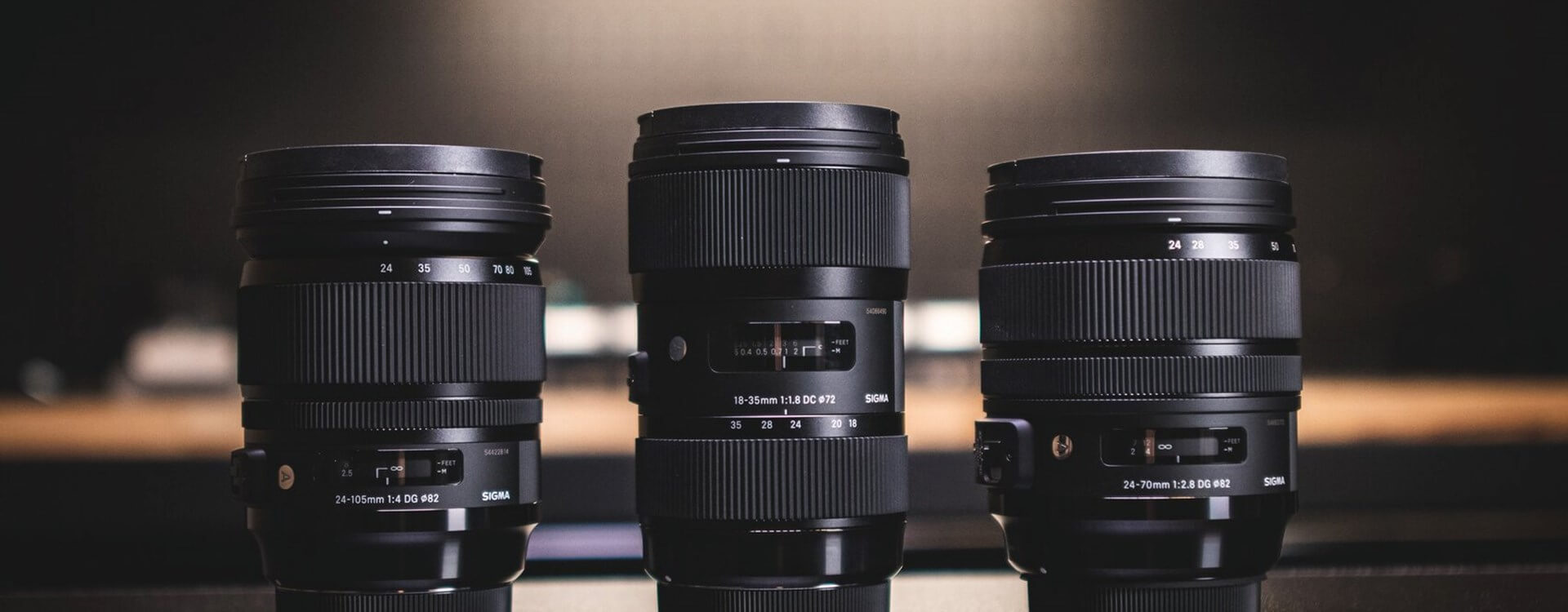Distance Converter
Different focal lengths will affect the quality of the image you record. Choosing the right type of camera lens will result in image quality. The article Best Camera Lenses For Movies And Things To Know will help you gain more understanding of how to choose camera lenses for movies.
What are camera lenses?
A camera lens is a piece of transparent material, such as glass, having curved sides for focusing or dispersing electromagnetic radiation, particularly light rays. In cameras, lenses are used to hone light onto the film or picture sensor. They are also utilized in various optical devices like binoculars and telescopes.
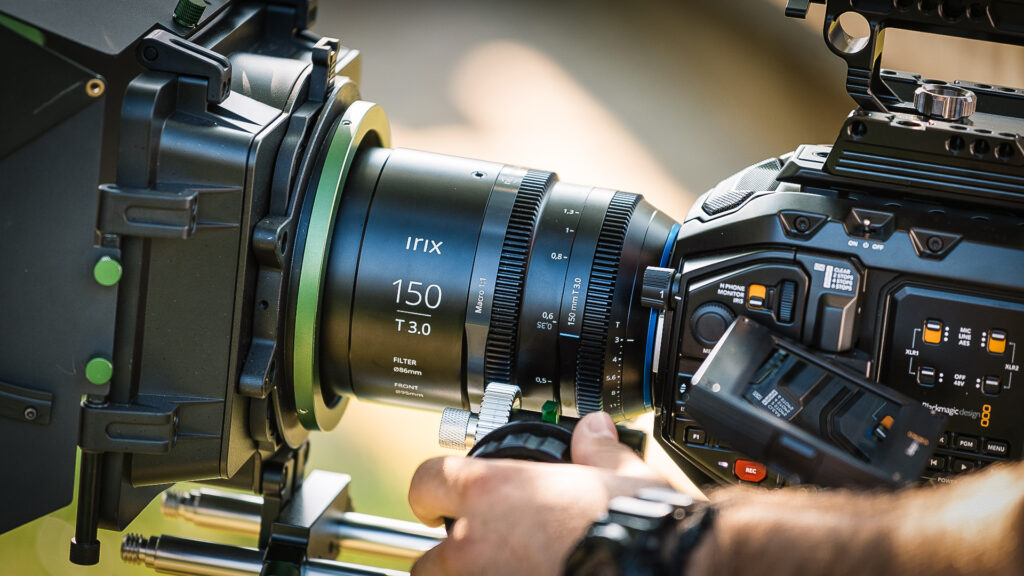
There are numerous varieties of camera lenses available, each with a distinct function. Wide-angle, telephoto, prime, zoom, and macro lenses are a few examples of typical lens designs for cameras. The type of photography you shoot and the style you wish to achieve will determine your ideal lens.
Different types of camera lenses
There are numerous types of camera lenses, each designed for a specific purpose. Some examples of common camera lenses are:
Wide-angle lenses have a wide field of view and are ideal for landscape photography, architecture, and other subjects where you want to capture a large portion of the scene.
Telephoto lenses have a long focal length and are ideal for distant subjects such as wildlife or sports.
Prime lenses: These lenses have a fixed focal length and do not zoom. They are frequently sharper and faster (allowing more light in) than zoom lenses.
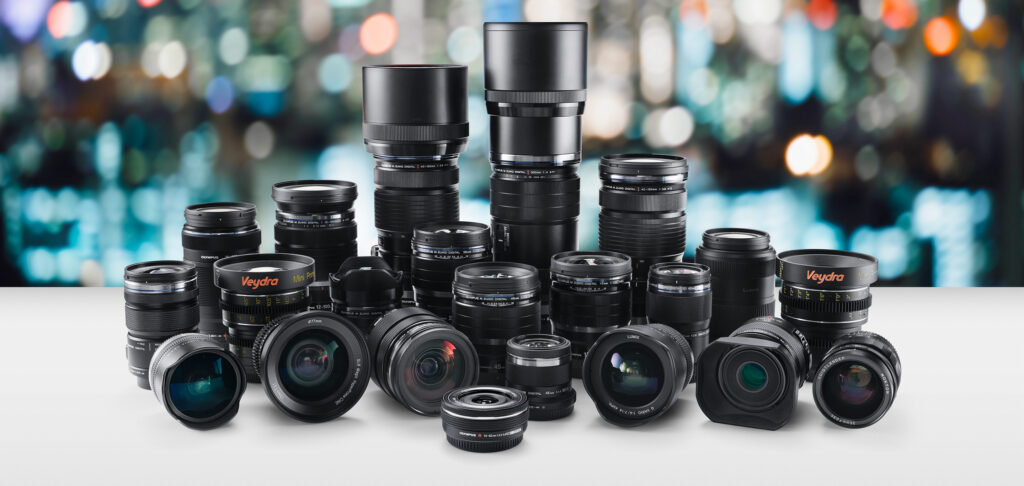
Zoom lenses have a variable focal length, which means you can change the focal length to achieve different levels of magnification. These lenses are convenient because they allow you to change the focal length without changing lenses, but they are not always as sharp as prime lenses.
Macro lenses: These lenses are designed specifically for close-up photography and allow you to focus on very small subjects like flowers or insects.
Other types of camera lenses are available, such as fisheye lenses, portrait lenses, and others. The best lens for you will be determined by the type of photography you do and the look you desire. This is the next information in Best Camera Lenses For Movies And Things To Know.
What are camera lenses for movies?
Camera lenses for movies are lenses that are designed specifically for use with film or digital video cameras. Typically, these lenses are used to capture images for films, television shows, and other video content. Movie camera lenses, like still photography lenses, come in a variety of types and styles.
Prime lenses, which have a fixed focal length and are known for their high image quality; zoom lenses, which have a variable focal length and allow you to adjust the magnification without changing lenses; and anamorphic lenses, which stretch the image horizontally to produce a wider aspect ratio, are some common types of movie camera lenses.
Movie camera lenses are an important part of filmmaking because they help control the final image’s look and feel. The right lens can be used to create a particular mood or atmosphere, as well as to correct for perspective distortion or to create a shallow depth of field.
How to choose camera lenses for movies
The lens’s magnification and field of view are determined by its focal length. Wide-angle lenses have a shorter focal length and are ideal for capturing large scenes, whereas telephoto lenses have a longer focal length and are ideal for focusing on specific subjects.
The aperture of a lens determines how much light it allows. Wide aperture (low f-number) lenses are better for low-light situations, while narrow aperture (high f-number) lenses are better for bright conditions. Sharpness, distortion, and chromatic aberration are all factors that influence a lens’s image quality. In general, higher-quality lenses produce more detailed and accurate images.
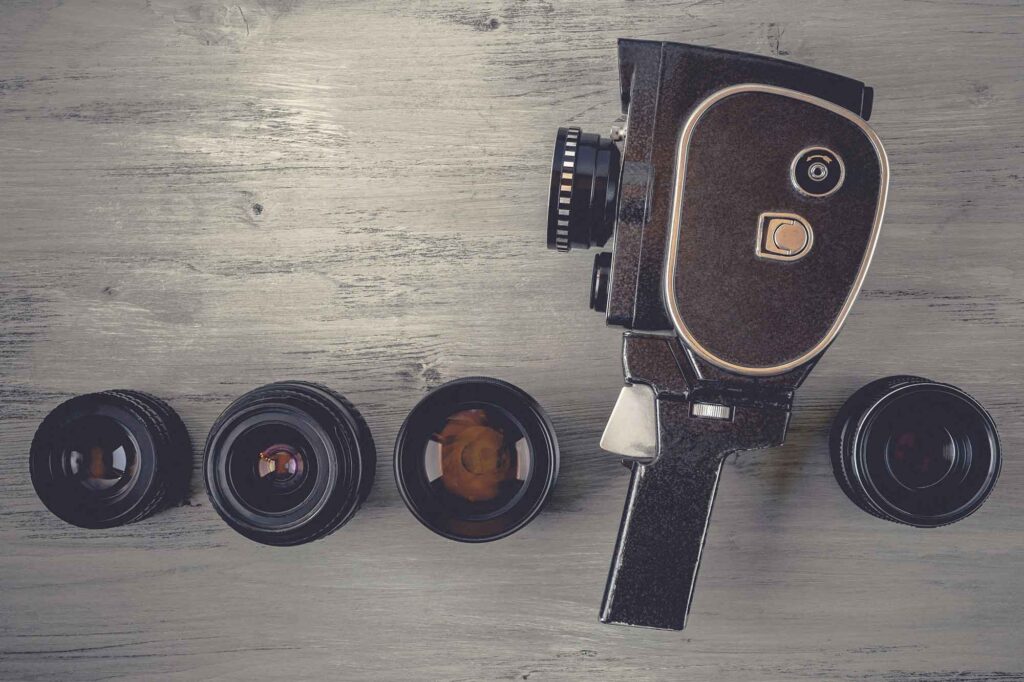
Compatibility: Make certain that the lens you select is compatible with your camera. Because different camera systems use different mounts, you must ensure that the lens you purchase is compatible with your camera.
Budget: Because lenses can vary greatly in price, consider your budget when making your choice. Keep in mind that investing in high-quality lenses can result in better-looking footage in the long run. This is the next information in Best Camera Lenses For Movies And Things To Know.
Best Camera Lenses For Movies
The best camera lenses for filming will depend on your specific needs and the image you want to achieve. Here are some popular lenses among videographers that Best Camera Lenses For Movies And Things To Know shares.
Zeiss Compact Prime CP.2 lenses
Because of their high image quality and versatility, the Zeiss Compact Prime CP.2 lenses are a popular choice among cinematographers. These lenses are designed for use with full-frame sensors and come in a variety of focal lengths ranging from 15mm to 135mm. They are also available with APS-C and Super 35 sensors.
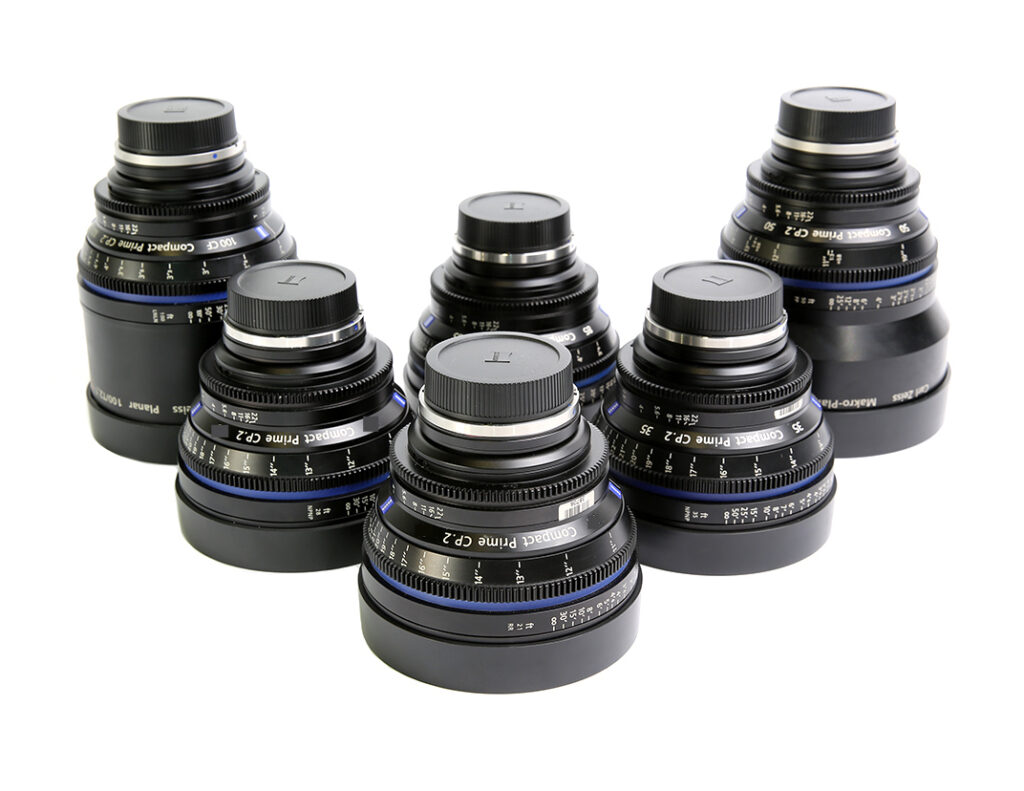
The interchangeable mount system of the Zeiss Compact Prime CP.2 lenses is one of their main features, allowing you to use the lenses with a variety of camera systems. The lenses also have a consistent form factor, which makes switching between lenses easier without having to adjust your rig.
The Zeiss Compact Prime CP.2 lenses are known for their sharpness, contrast, and color accuracy in terms of image quality. Because of their wide aperture and low distortion, they are also well-suited for shooting in low light. Overall, the Zeiss Compact Prime CP.2 lenses are a solid option for cinematographers seeking high-quality, versatile lenses. This is the next information in Best Camera Lenses For Movies And Things To Know.
Canon CN-E prime lenses
Canon CN-E prime lenses are a cinema-style prime lens series known for their sharpness and color accuracy. These lenses are designed for use with full-frame sensors and come in a variety of focal lengths ranging from 14mm to 135mm. They are also available with APS-C and Super 35 sensors.
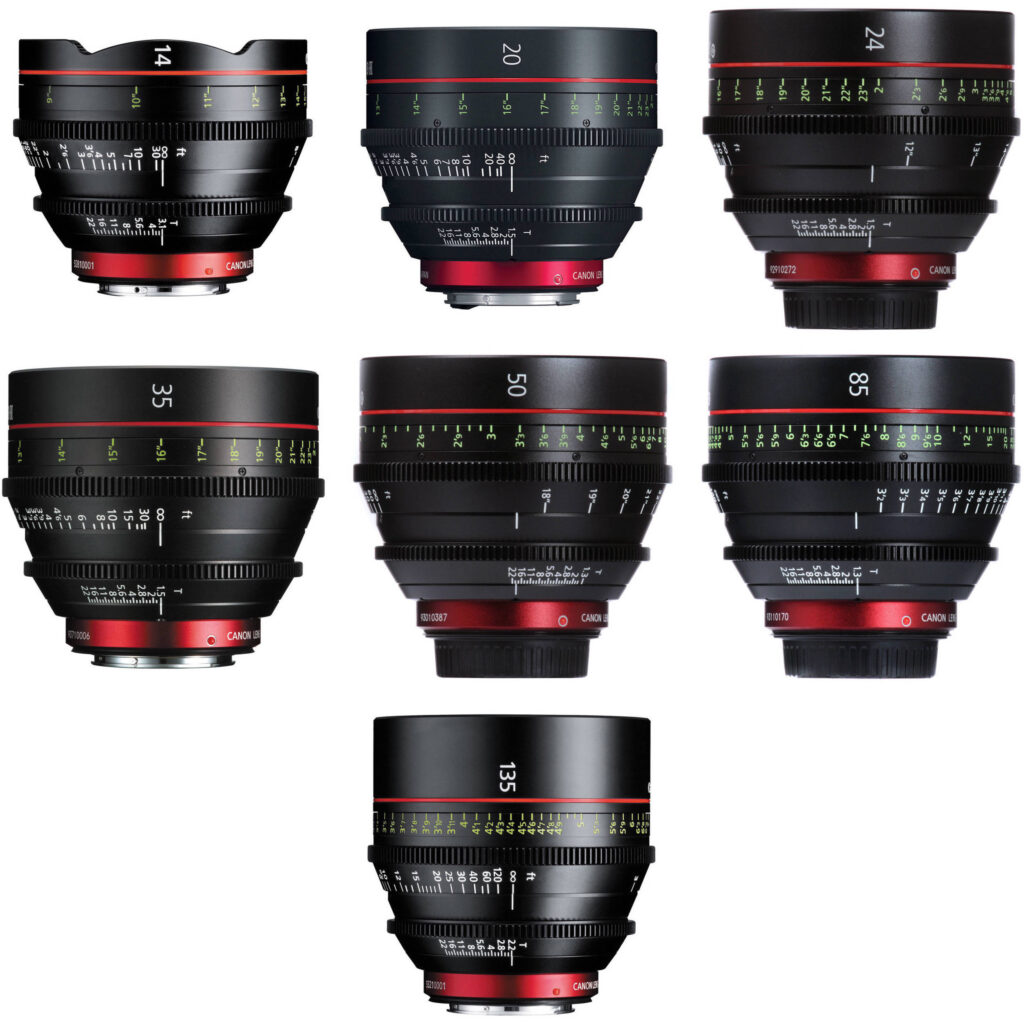
The Canon CN-E prime lenses have a fast aperture, which allows for low-light shooting and a shallow depth of field. The lenses also have a consistent form factor, making it simple to switch between them without adjusting your rig.
Canon CN-E prime lenses are known for their sharpness and color accuracy in terms of image quality. They also have low distortion and chromatic aberration, which contributes to clean, detailed images. Overall, the Canon CN-E prime lenses are an excellent option for cinematographers seeking high-quality, dependable lenses.
Arri/Zeiss Ultra Prime lenses
The Arri/Zeiss Ultra Prime lenses are a popular line of prime lenses in the film industry. These lenses are well-known for their high image quality and durability, and they come in a variety of focal lengths ranging from 8mm to 180mm.
The fast aperture of the Arri/Zeiss Ultra Prime lenses, which allows for low-light shooting and shallow depth of field, is one of their main features. The lenses also have a consistent form factor, making it simple to switch between them without adjusting your rig.
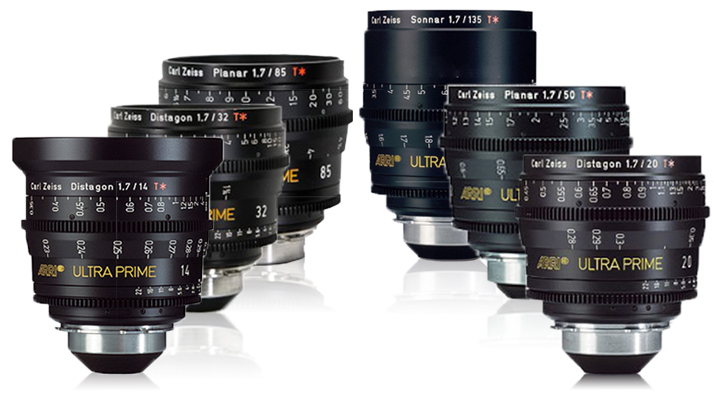
The Arri/Zeiss Ultra Prime lenses are known for their sharpness, contrast, and color accuracy in terms of image quality. They are also well-suited for shooting in high-contrast situations due to their low distortion and resistance to flare.
Overall, the Arri/Zeiss Ultra Prime lenses are a solid option for cinematographers seeking high-quality, long-lasting lenses. This is the next information in Best Camera Lenses For Movies And Things To Know.
Cooke S4/i lenses
The Cooke S4/I lenses are a line of prime lenses that are popular in high-end productions because of their smooth, cinematic bokeh (background blur). These lenses are made to work with full-frame sensors and come in a variety of focal lengths, from 18mm to 135mm. Versions for APS-C and Super 35 sensors are also offered.
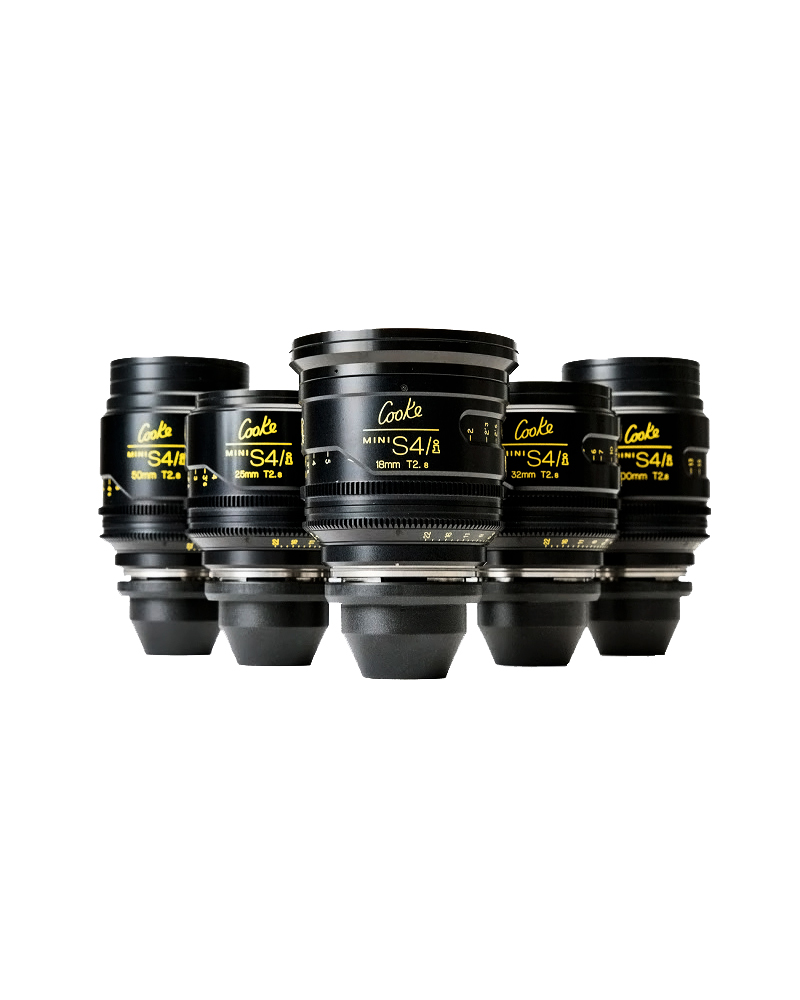
The Cooke S4/i lenses’ quick aperture, which enables low-light photography and a small depth of field, is one of their key characteristics. The lenses’ same form factors make it simple to switch between them without having to change your gear.
The Cooke S4/i lenses are renowned for their sharpness, contrast, and color correctness in terms of image quality. Due to their minimal distortion and resistance to flare, they are also suitable for photography in high-contrast environments. The lenses are also renowned for their pleasing bokeh, which can contribute to a more cinematic appearance.
In general, cinematographers looking for lenses with a cinematic appearance and feel might consider the Cooke S4/i lenses as a top-notch option.
Panavision Primo lenses
Due to their excellent image quality and large aperture, the Panavision Primo lenses are a line of prime lenses that are frequently employed on high-budget films. These lenses are made to work with full-frame cameras and come in a variety of focal lengths, from 12mm to 150mm. Versions for APS-C and Super 35 sensors are also offered.
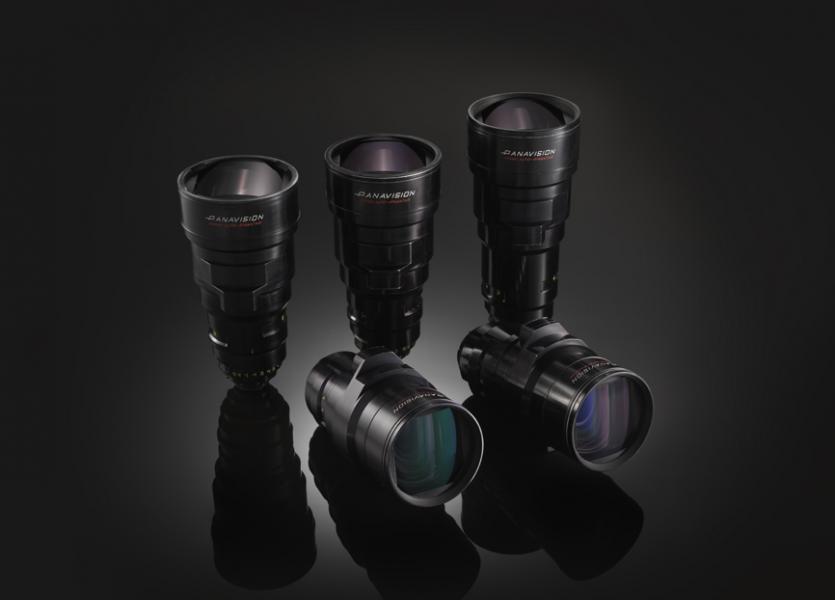
The Panavision Primo lenses’ large aperture, which enables low-light photography and shallow depth of field, is one of their key characteristics. The lenses’ same form factors make it simple to switch between them without having to change your gear.
The Panavision Primo lenses are renowned for their sharpness, contrast, and color correctness in terms of image quality. Due to their minimal distortion and resistance to flare, they are also suitable for photography in high-contrast environments.
In general, cinematographers searching for lenses with a wide aperture and outstanding image quality might choose the Panavision Primo line of lenses.
Hopefully, the article Best Camera Lenses For Movies And Things To Know will provide useful information for you.
